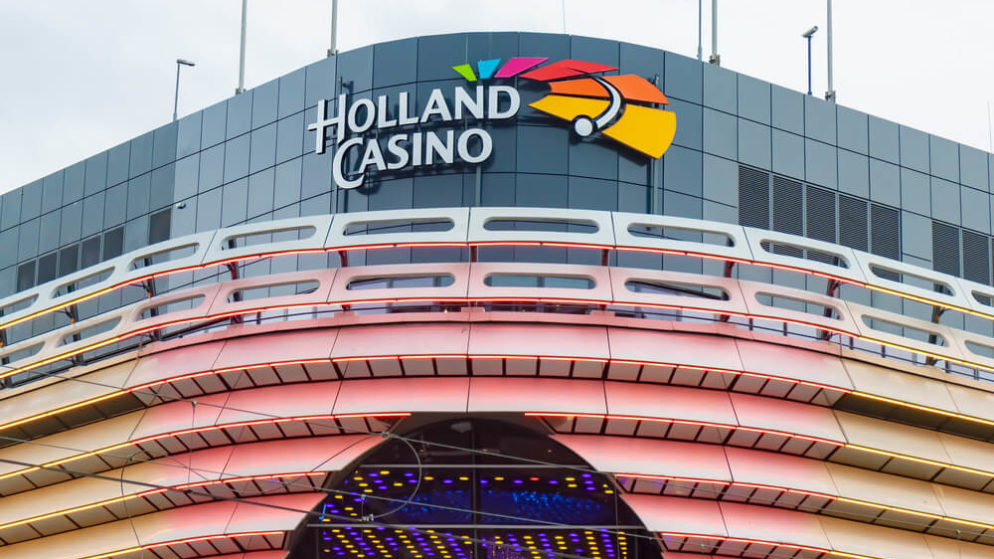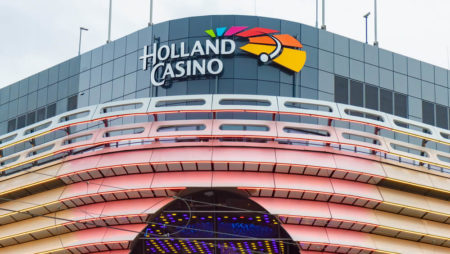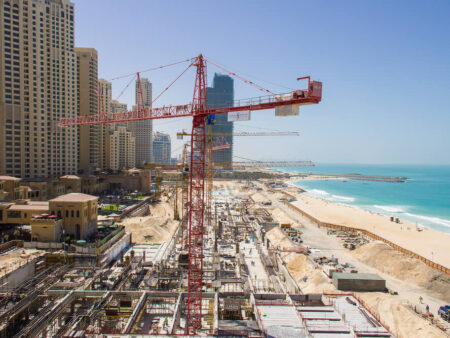

Online gambling has been illegal in The Netherland. However, with the increasing use of the internet, the explosion of online casinos, and the pressure of gamblers wanting to engage with these sites, the federal government eventually addressed the issue. But it took a long time for regulations overseeing internet betting activity to fall into place. In this article, we will look at the timeline that led to the legalization of online gambling, and what the changes mean to Dutch gamblers.
The Long Road To Legalization
The Remote Gambling Act (KOA) dates back a few years. The act was passed by the Dutch government but hit several roadblocks along the way which delayed the actual launch of legal online gambling. The KOA was originally set to enter into law on July 1, 2020, with the first legal online casinos expected to hit the internet by January 1, 2021, as the market officially opened. However, a snag developed, and in November 2019, the date the act would be in force was shifted to January 1, 2021, leaving online casinos a longer wait before the market was about to open on July 1, 2021. In September 2020, the market launch date was once again changed. This time, legal online casinos were to be active after March 1, 2021. This change was to address the delays brought on my COVID-19. As it turns out, the Remote Gambling Act became law on April 1, 2021, which put the launch date of the online market to October 1, 2021.
What Gamblers Found On October 1
When the Dutch online gambling market finally opened on October 1, the chairman of the regulatory body Kansspelautoriteit (KSA), Rene Jansen, had this to say, “Today, an important step has been taken with the opening of the legal market for online games of chance. Recent years have shown that simply banning online gambling was no longer possible. Legalization and regulation make it easier to protect consumers against abuses.” A total of ten sites had been issued legal online gambling licenses by the KSA which included two operators based in The Netherlands, a UK-based site, and a site with licenses from Estonia and Malta to name a few of the offerings that Dutch gamblers can now access legally within their country. Other sites with licenses are from Italy and Belgium. To find out more about the online casinos operating in The Netherlands, visit casinoreviews.nl.
The Regulatory System Is Strict
Online casino sites that are not based in The Netherlands and do not hold a Dutch license to operate within the country have ceased accepting bets from gamblers from the area. This is in response to the KSA requirement that all legal gambling sites must pass a strict set of guidelines and be approved before they are permitted to continue to operate within The Netherlands. To get the point across, the KSA has issued a fine of 531,250 Euros to online casino operator Tipico. The site, while not specifically targeting Dutch players, was offering gambling services online within the country. The licensing process, which is a closely guarded secret, is described as having a “strict nature” but that has not deterred interest. A spokesperson from KSA states that several applications are in the pipeline which could result in several more legal gambling sites being available to Dutch bettors.
What This Means To Dutch Gamblers
As strict as the licensing process is, there are good reasons for this. The Dutch government took control over online gambling operations following the enactment of the Remote Gambling Act. It not only led to the formation of the Dutch gambling authority (KSA), but it now ensures that players within The Netherland have safe, approved sites to visit for gaming activity. Plus, the federal government earns an additional stream of income from the licensing process and regular taxes levied against the legalized gambling sites. The tax revenue will come from gambling revenue from each of the licensed sites. All of this would have been revenue leaving the country and going into the pockets of offshore gambling operators. This way, Dutch players still enjoy online gambling, but now a portion of what they spend at these sites will remain in The Netherlands. There is no indication on what the Dutch government intends to do with the new gambling revenue they will be collecting, but speculation is that it will likely go to infrastructure and education.
Offshore Operators Will Have To Comply
The formation of the KSA, and the need for proper licensing to operate within The Netherlands, or promote products designed to attract Dutch gamblers will make things more difficult. At least, more difficult for offshore gambling sites that were once pulling a lot of gambling activity out of The Netherlands with little problem. The regulatory body has already set the pace with fines and suspensions of sites not taking the Dutch changes to internet gambling seriously. Expect to see more fines and suspensions as the KSA gets established in its new role. That being said, there is still a lot of interest coming from other gambling sites to get in on the legal side of online gambling in The Netherlands. According to Jansen, “Other providers may also be interested, but they are waiting to submit an application because they are not ready yet. There are strict conditions to meet and strict testing to pass, but there will certainly be more license holders.” As strict as the KSA guidelines are for licensing an online casino, there is no indication if there is a limit to how many sites will be approved. Other countries just allowing legal online gambling have determined a maximum number of licenses they will issue. In The Netherlands, that does not appear to be a factor.
Final Thoughts
There was a time when The Netherland was the open frontier for offshore online casinos that spent a lot of time, effort, and money promoting themselves to Dutch gamblers. It worked as more and more of these gambling sites started to target The Netherlands for new players. Several of these online casinos launched Dutch-language versions of their sites and accepted Euros making it easy for gamblers based in The Netherlands to jump on board. At the time, online gambling was illegal in the country, but that rarely stops gamblers from joining sites that appear to have Dutch players in mind. The government of The Netherlands saw an opportunity to capture some of the cash flowing out of the country by legalizing online gambling and fining sites that are not properly licensed to reach a Dutch audience. It has changed the internet-based gambling landscape considerably. Dutch gamblers now have safe and secure places to conduct their online betting activities at sites that have passed strict guidelines and are licensed to operate within the country. The bonus is that with a licensed site, the Dutch government earns a stream of income that had once been flowing away from The Netherlands.



